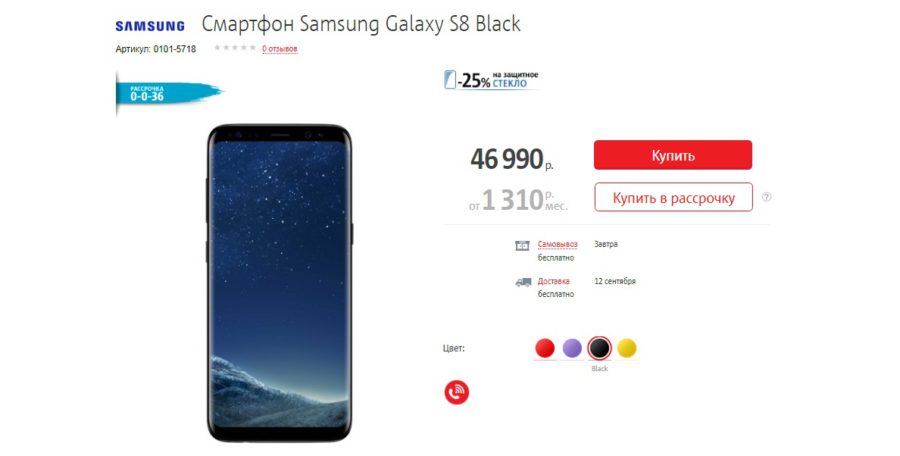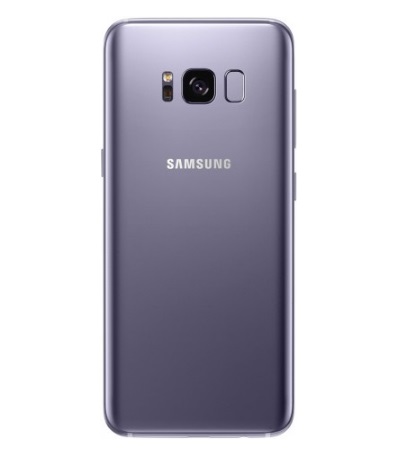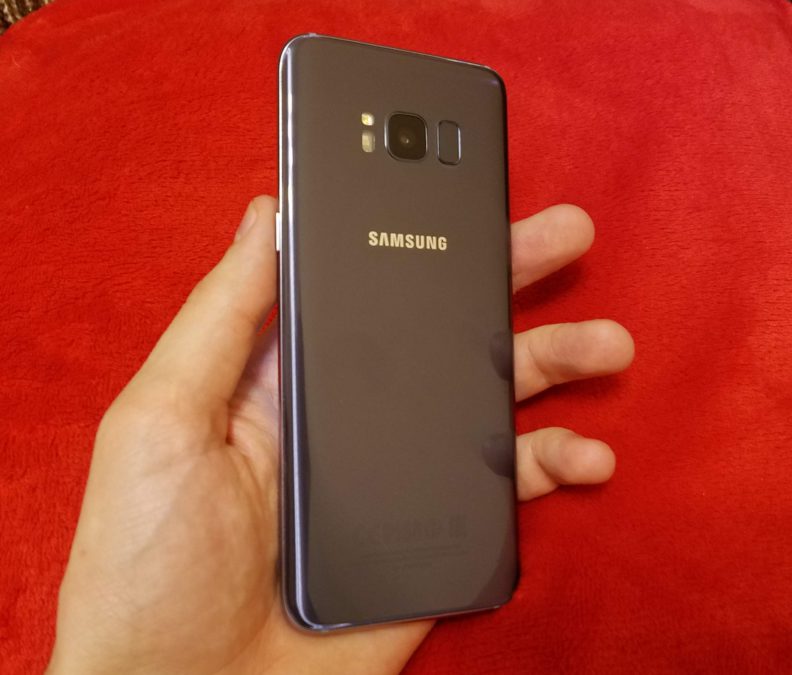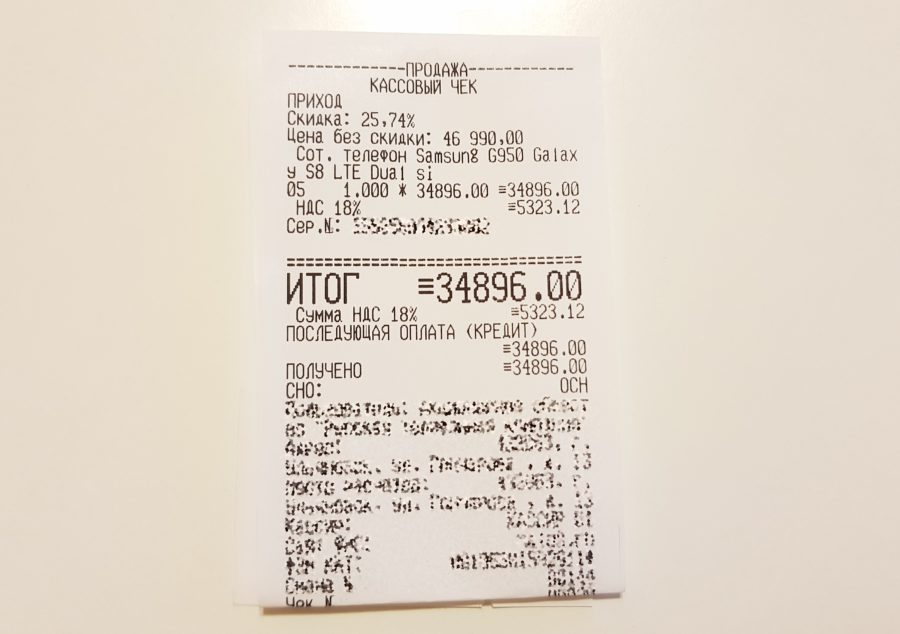Who or what makes sales in networks that sell appliances, and smartphones in particular, and what is the role of each link in the network? Could it be management? Brand, advertising, price? Or maybe this is the seller at the outlet?

Sellers in training and all kinds of trainings are told that they and only they are responsible for the final result, and therefore, often for the size of their salaries. They talk about various tools designed to improve the skills of the seller, thereby increasing the sales of the outlet where the seller works. Different retail chains pay different attention to personnel training, which means that the quality of this training is also different.
As practice shows, in a quiet time, a lot depends on the quality of this training. A well-trained salesperson with the necessary competencies can significantly influence sales at his point of sale, and if there are many such sellers in the network, they often determine the sales of the chain as a whole. But this is at a normal time when none of the market participants use prohibited techniques such as trading at a loss for market share. And how is it in conditions of excitement?
Now we are just witnessing such an interesting phenomenon – within the framework of the price war, the sales of the majority of stores selling equipment that fell into the millstones of these hostilities have grown significantly. Often, the seller only has to bring the goods from the warehouse or take them off the shelf and hand them over to the buyer, who has already learned everything he needs to know and is eager to grab his piece of the pie in the form of a coveted electronic toy at a reduced price.

Everyone understands that this situation cannot continue for a long time and sooner or later everything will return to normal, which means that prices will come to the fore again, but the human factor, which, even in the conditions of all kinds of cashbacks, affects the sales of specific salons and retail chains. But what is the influence of the human factor (competence and interest of the seller) in the conditions of a price war?
Preamble
The other day I had a wonderful opportunity to test it on my own skin – I decided to take part in an attraction of unprecedented generosity and buy myself another Samsung with blackjack … oh, with cashback and buns. This is also a historic event – this is the first phone in my life that I bought in a Russian store.
The Samsung Galaxy S8 was chosen as the new e-friend for the next six months. Before buying, I carefully read the offer of different retail chains and chose the most profitable option for myself. There were no questions with this item, since I am an experienced buyer and I am guided pretty well in 'small print'. Although the site does not indicate the presence of cashback, in fact it is there and at the time of the article's release is 8,000 rubles. When buying in installments instead of cashback, the retail chain reduces the cost of the phone by the same amount.

The only question I had was which color to choose. Previously, I opted for the black version as the most neutral and versatile. The rest of the colors didn't impress me. At least the way they looked in the picture.

I decided that I would finally decide on this issue on the spot. It was with these thoughts, as well as with a firm intention to buy and with a bundle of crisp bills clutched in a sweaty palm, that I headed to the previously selected store of the previously selected retail network.
And then something happened that made me think about the role of a seller in different market conditions and write this material.
Fable
Having voiced my desire to buy the selected product to an employee of the outlet, I did not expect any applause in my address, or joyful fanfare. However, in the same way, I did not expect an indifferent look and a complete lack of interest from a person whose salary for some part depends on these very sales.
It turned out that at this outlet the model I had chosen was present only in one color, black, and in one copy. When examining the phone, I suspected that it was, as they say, 'not the first freshness' – when turned on, the phone started to boot as it does after a complete reset, there was someone's hair under the shipping film on the screen, and the speaker is dirty.
To my question about a possible complete reset, an employee who, by the way, was a senior or even a supervisor at the point, reacted a little strangely – in an irritated tone he replied that the settings were not reset on the phone. The reason for the irritation became incomprehensible to me, and, addressing my companion, and not the employee, I announced that it might make sense to go to another point to see what options are there.
After me, I heard something thrown in a condescendingly dismissive tone: 'Do you think they will offer you something else? There are exactly the same 'dropped' phones. They are the same everywhere. '

That is, the employee actually admitted the fact that the phone was reset, which he just denied.
And if a second ago I was still considering the option of not paying attention to possible traces of use and placing a purchase here, then after such a 'customer-oriented' remark from an employee these thoughts flew out of my head. The phrase of the outlet's employee turned out to be not only boorish in form, but also discrediting the entire distribution network in essence.
Despite this, I decided to give the trading network one more chance, but nevertheless headed to another point located nearby. Needless to say, everything went great there – they brought me a sealed box with a phone in 'mystical amethyst' color. My doubts about the choice of this color were worked out easily and naturally with advice to look at the device in person and with assurances that in reality the color is cool. Moreover, throughout the conversation, the employee maintained a friendly and confidential tone, without sinking to familiarity.
We unpacked the phone, checked it and made a purchase. By the way, the live color really turned out to be cool – not as easily soiled as black, and not as defiant as gold.

But this, of course, is taste. The main thing is that, in addition to the pleasure of the price, which with all the 'cashbacks' and the feint with closing the installment plan the next day amounted to a little less than 35 thousand rubles, this purchase is now associated with positive emotions from the professionalism of the employee and from the friendly and comfortable atmosphere created by him.

The most interesting thing is that in this situation, the seller did not require any sacrifices or tricks. At the same time, with his behavior, he proved the well-known thesis that “a smile is worthless, but gives a lot.”
Afterword and conclusions
Yes, not for everyone these nuances will play a significant role; for some, completely different factors may be the main ones. And even in the modern conditions of the heyday of online shopping, more and more often we do not contact the sellers directly at all. However, this is not always possible, and other things being equal, the human factor is likely to be decisive.

As for me, I have repeatedly caught myself thinking that I will almost always go where there is high-quality service and friendly attitude, rather than where the price is lower. Yes, of course, the difference in price also matters, but today in similar retail chains it rarely differs by more than ten percent, and I am ready to overpay these very percent for quality service, which means for whole nerves, emotional comfort and endorphins in the blood .
In this regard, I am interested in your opinion, dear readers – what does the quality of service matter to you and are you willing to overpay for it, all other things being equal?
P.S. Hello to the salesperson from the first point who missed the double sale – yes, tomorrow I go to the second salon for another S8.
